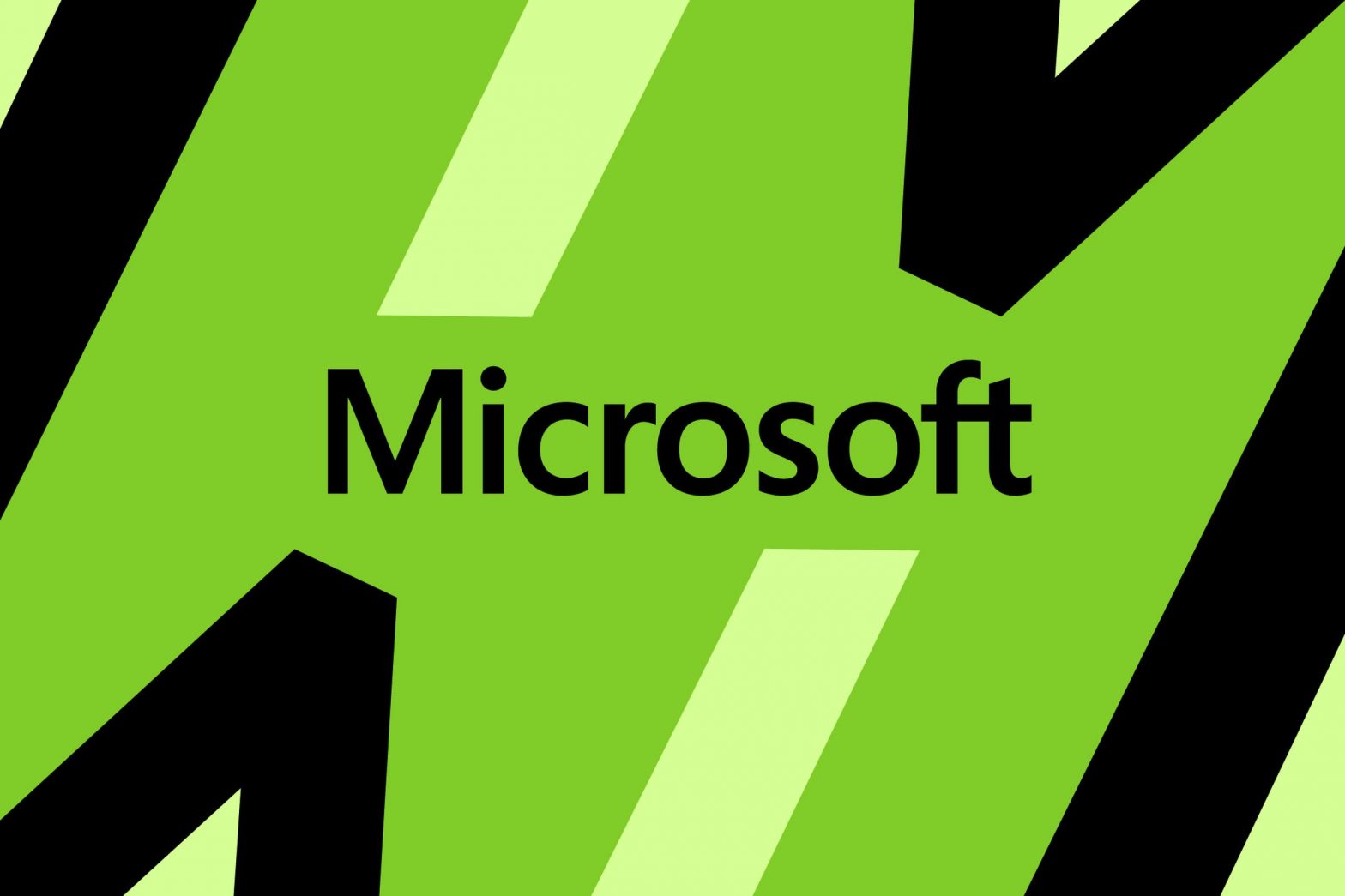/
It reached an agreement with a group of cloud infrastructure providers in Europe, prompting the group to withdraw a complaint with the European Commission.
Share this story
:format(webp)/cdn.vox-cdn.com/uploads/chorus_asset/file/24347781/STK095_Microsoft_03.jpg)
Microsoft has reached a settlement with an industry group backed by European cloud infrastructure providers, quelling an antitrust battle that could have embroiled it for years and resulted in fines. But if Microsoft doesn’t hold up its end of the bargain in the next nine months, the group has promised to revive its antitrust complaint with the European Commission.
The group, Cloud Infrastructure Service Providers in Europe (CISPE), agreed to withdraw its 2022 complaint to the European Commission, where it accused Microsoft of “irreparably damaging the European cloud ecosystem and depriving European customers of choice in their cloud deployments.” It argued at the time that Microsoft’s licensing terms “exacerbate the harms and introduce new forms of tying, lock-in and removal of choice for customers.”
Under the terms of the new agreement, Microsoft will allow European cloud providers to offer its applications and services on local cloud infrastructures, according to CISPE.The group had complained that Microsoft unfairly locked in customers and pushed out competitors by effectively charging a “tax” for popular Microsoft products when used outside of its own cloud service, Azure. With the new version of Azure Stack HCI for European cloud providers announced in the deal, customers of those other cloud providers will get access to virtual desktop infrastructure based on Windows 11, free extended security updates, and pay-as-you-go licensing for SQL Server.
The group also said it would create an independent European Cloud Observatory (ECO), made up of Microsoft, cloud infrastructure vendors in Europe, and European customer associations. ECO will issue regular assessments, reports, and recommendations about how the agreement is implemented. Microsoft will also pay CISPE an undisclosed amount to cover the cost of litigation and fair software licensing campaigns over the last three years. Reuters reported the deal is in the multimillions.
CISPE also said it would not start or support other complaints on the topic of the settlement, though it can still comply with requests for information from regulators.
The group lists Amazon Web Services along with several smaller European providers among its members, though it said AWS was excluded from the negotiations. AWS, Google Cloud Platform, and AliCloud are not included in the settlement.
This is far from the end of antitrust scrutiny on Microsoft worldwide. UK regulators, for example, have also been investigating Microsoft and Amazon’s cloud licensing practices, and in the US, the Federal Trade Commission has been seeking to understand the relationship between cloud service providers and AI developers.
CISPE secretary general Francisco Mingorance called the agreement a “significant victory for European cloud providers” in a statement alongside the announcement. But another Amazon-linked group that’s been critical of Microsoft’s cloud licensing practices slammed the deal. Coalition for Fair Software Licensing executive director Ryan Triplette said in a statement, “This settlement is Microsoft’s latest attempt to avoid regulatory scrutiny without addressing the underlying anticompetitive practices that impact millions of cloud customers worldwide. Even after this agreement is in place, Microsoft will continue to use its unfair software licensing practices to limit choice, drive up costs, and lock in customers.”
Microsoft president Brad Smith said in a statement the company has been working with CISPE for over a year and is“pleased that we’ve not only resolved their concerns of the past, but also worked together to define a path forward that brings even more competition to the cloud computing market in Europe and beyond.”
